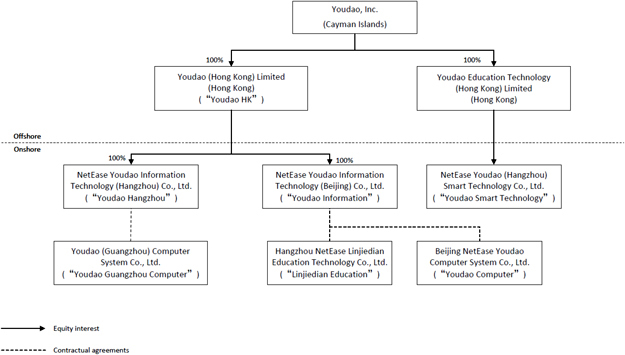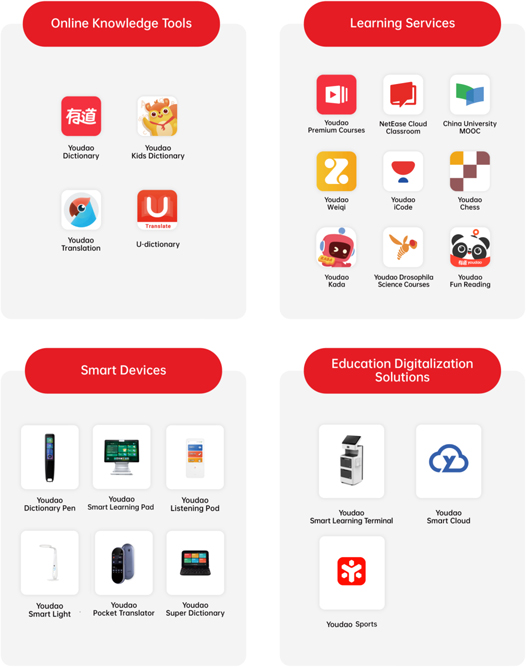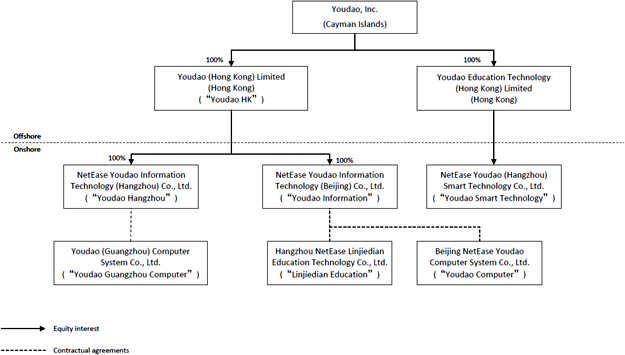The CAC amended the Mobile Application Administrative Provisions in June 2022, which became effective from August 1, 2022, and emphasized that mobile internet applications providers shall comply with relevant provisions on the scope of necessary personal information when engaging in personal information processing activities. Such application providers shall not compel the user to agree to the processing of personal information for any reason, and shall not refuse the user to use its basic functions and services because the user does not agree to provide unnecessary personal information.
On June 27, 2022, the CAC promulgated the Administrative Provisions on the Account Information of Internet Users, effective from August 1, 2022, or the Account Information Provisions, which applies to the registration, use, and management of internet users’ account information by internet information service providers. The Account Information Provisions also requires that the internet information service providers shall protect and process internet users’ account information in accordance with law, and take measures to prevent unauthorized access and leakage, tampering, and loss of personal information. The internet information service providers shall set up convenient complaints and reporting portals in prominent locations, publicize complaints and reporting methods, improve mechanisms for acceptance, screening, disposal, and feedback, clarify processing procedures and time limits for feedback, and promptly handle complaints and reports from users and the public.
Regulation Related to Publishing
The Administrative Regulations on Publication, promulgated by the State Council and most recently amended on November 29, 2020, applies to publication activities, i.e., the publishing, printing, copying, importation or distribution of publications, including newspapers, periodicals, books, audio and video products and electronic publications. According to the Administrative Regulations on Publication, any entity engaging in the activities of publishing, printing, copying, importation or distribution of publications, shall obtain relevant permits of publishing, printing, copying, importation or distribution of publications.
Under the Administrative Provisions on the Publications Market, or the Publication Market Provisions, which was jointly promulgated by the SAPPRFT and the MOFCOM, any enterprise or individual who engages in publishing activities shall obtain a Publishing Operation Permit from SAPPRFT or its local counterpart. Without licensing, such entity or individual may be ordered to cease illegal acts by the competent administrative department of publication and be concurrently subject to fines.
Regulation Related to Scope of Business
Under the Implementation Rules for the Administrative Regulations on Registration of Enterprise Legal Persons promulgated by SAIC, enterprises shall engage in business activities in accordance with the scope of business approved and registered by the registration authorities. Enterprises which engage in business activities beyond the approved and registered scope of business shall be given a warning, depending on the extent of the offense, illegal income shall be confiscated, a fine of no more than three times the amount of the illegal income shall be imposed, capped at RMB30,000; where there is no illegal income, a fine of no more than RMB10,000 shall be imposed.
Regulation Related to Advertising and Promotion
The principal regulations governing advertising businesses in China are the PRC Advertising Law and the Advertising Administrative Regulations promulgated by the State Council. These laws, rules and regulations require companies that engage in advertising activities to obtain a business license that explicitly includes advertising in the business scope from the SAIC or its local branches.
Applicable PRC advertising laws, rules and regulations contain certain prohibitions on the content of advertisements in China (including prohibitions on misleading content, superlative wording, socially destabilizing content or content involving obscenities, superstition, violence, discrimination or infringement of the public interest). Advertisements for anesthetic, psychotropic, toxic or radioactive drugs are prohibited, and the dissemination of advertisements of certain other products, such as tobacco, patented products, pharmaceuticals, medical instruments, agrochemicals, foodstuff, alcohol and cosmetics, are also subject to specific restrictions and requirements. Education and/or training advertisements shall not contain the following contents: (i) explicit or implicit guarantee for successful enrollment to a higher grade, passing of examination, obtaining of degree qualification or passing certificate, or the effect of education or training; (ii) explicit or implicit expression of participation by the relevant examination body or its personnel, or personnel setting examination questions in the education or training; and (iii) recommendation and/or endorsement by scientific research institutes, academic institutions, educational organizations, industry associations, professionals or beneficiaries using their name or image.
89


